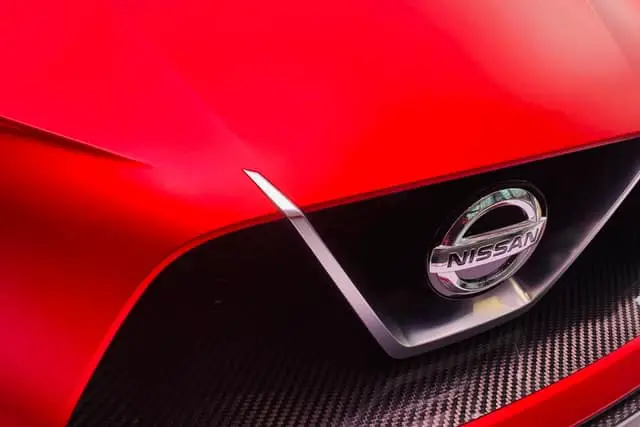Nissan Motor Corporation is a Japanese multinational company that is involved in the manufacture and sales of automobiles. It was founded in December 1933 and currently has its headquarters in Nishi-Ku, Yokohama, in Japan. The brands under which Nissan sells its vehicles include Nissan, Infiniti, and Datsun. It has been in an alliance with Renault since 1999, which was joined by Mitsubishi in 2016. By 2013, Nissan became the sixth largest automobile manufacturer in the world, after Toyota, GM, Volkswagen, Hyundai, and Ford. By 2014, it became the largest car manufacturer in North America. Let us discuss Nissan’s Competitive advantage

Nissan’s competitive advantages include its strong presence in the emerging automobile markets, its investment in research and development of electric vehicles, its successful alliance with Renault, and its efficient operation and management style. Its competitive disadvantages include its poor marketing and advertising, and massive product recalls in the United States. Read on to find a detailed analysis of the same.
Competitive advantages of Nissan Motors
- Strong presence in the emerging automobile markets: Nissan has been manufacturing automobiles for decades and occupies a place in the top ten largest automobile manufacturers in the world. This very factor gives the company an edge while trying to further its business in the emerging markets as well. It has a good presence in the United States, China, Mexico, Brazil, and Russia, and is capable of expanding its base into African markets like Nigeria which are emerging these days.
- Investment in research and development: Nissan had spent billions of Yen on the research and development of electric vehicles. Such focused spending enabled Nissan to compete with Tesla in the electric vehicle domain by launching its own electric vehicle, Leaf. Leaf soon became the world’s second highest-selling electric car, only behind Tesla Model 3. By 2018, Nissan became the world’s largest manufacturer of electric vehicles, selling more than three hundred thousand all-electric vehicles in the world. Furthermore, the hybrid and electric vehicle markets are very likely to grow shortly, which places Nissan at an advantage.
- Alliance with Renault and the joining of Mitsubishi: The alliance formed by Nissan and Renault in 1999 is the longest-lasting alliance in the automobile sector to date. The joint venture helped both the companies in many ways; they could afford higher investments in research and development activities, negotiate better contracts due to their brand values, and share the procurement, design, and manufacturing costs. The joining of Mitsubishi made it a Renault-Nissan-Mitsubishi alliance, which is likely to benefit all the three companies shortly, as they can collectively spend higher sums to increase their foothold in the emerging electric vehicle sector. Also, Mitsubishi already has its Outlander PHEV in the hybrid car sector which would help Nissan grow a foothold in this domain as well, in addition to the electric vehicle segment.
- Efficient operation and management style: The reforms that made Nissan what it is today have found a place in many business case studies around the world. Also, the damage suffered by Nissan due to the 2011 earthquake and tsunami that struck Japan, led it to build a Global Disaster Control Headquarters that helped garner goodwill among the employees, suppliers, and many others.
Competitive disadvantages of Nissan Motors
- Poor marketing and advertising: Although Nissan spent a relatively higher sum on advertising when compared to its competitors, it could not gain much brand value or expand its customer base for the amount of money spent. This is largely attributed to the poor marketing skills of the company, which should be improved if Nissan is to sustain the competitive market. Also, Nissan is yet to expand in developing countries for which it will have to rely on better marketing strategies.
- Vehicle recalls in the United States: Nissan has been experiencing repeated vehicle recalls on a massive scale due to manufacturing defects. It would be good for Nissan to come up with a strategy to tackle this issue.
Conclusion
Nissan is one of the major players in the automobile sector and has been manufacturing automobiles for decades. It recently emerged as the largest manufacturer of electric vehicles, making its Leaf, the second highest-selling electric car in the world. Its foothold in the emerging hybrid and electric vehicle sector may increase further due to the joining of Mitsubishi in the Renault-Nissan alliance, which would enable the three companies to increase their expenditure on research and development. At the same time, Nissan should work on its marketing strategies to improve its brand value and expand its base in developing countries as well.
Frequently Asked Questions
- Who are the top competitors of Nissan Motors?
Nissan’s major competitors include Hyundai Motor Group, Toyota Motor Corporation, General Motors Company, Volkswagen Group, Ford Motor Company, Honda Motor Company, Tata Motors, and Daimler AG.

